Developing an Interdisciplinary MSc Programme in Climate Change, Sustainable Agriculture and Food Security / CCSAFS
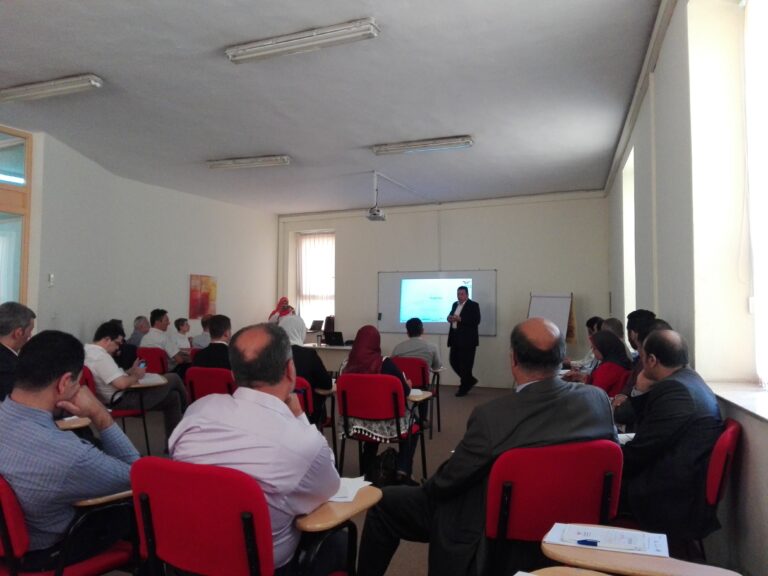
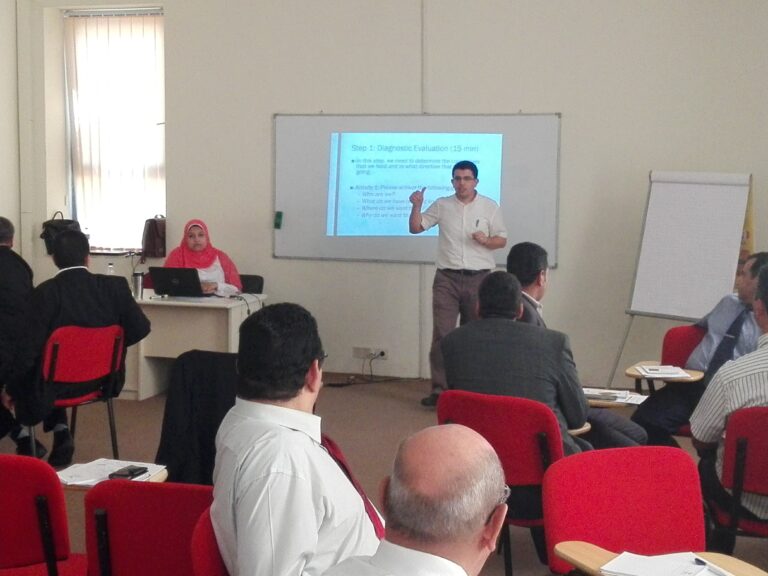
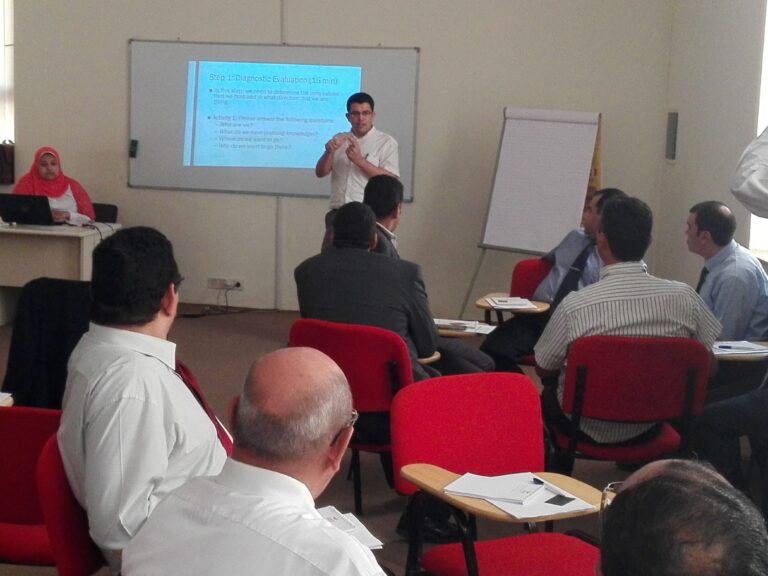
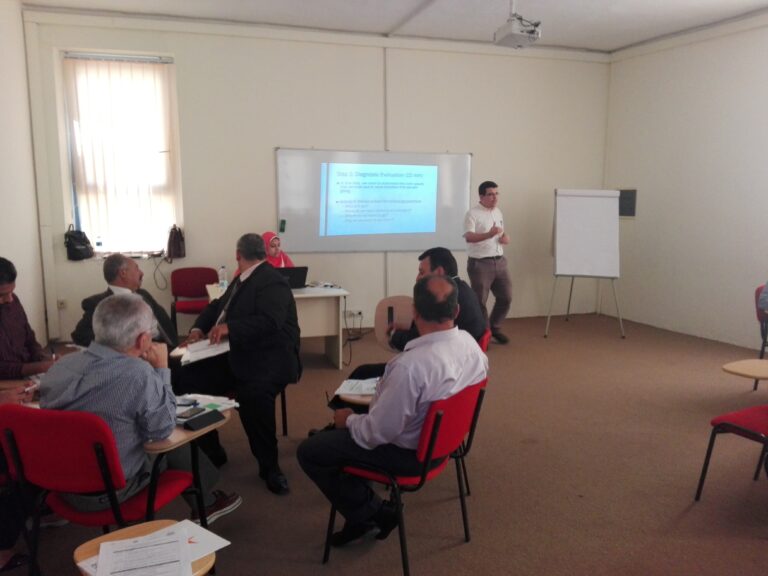
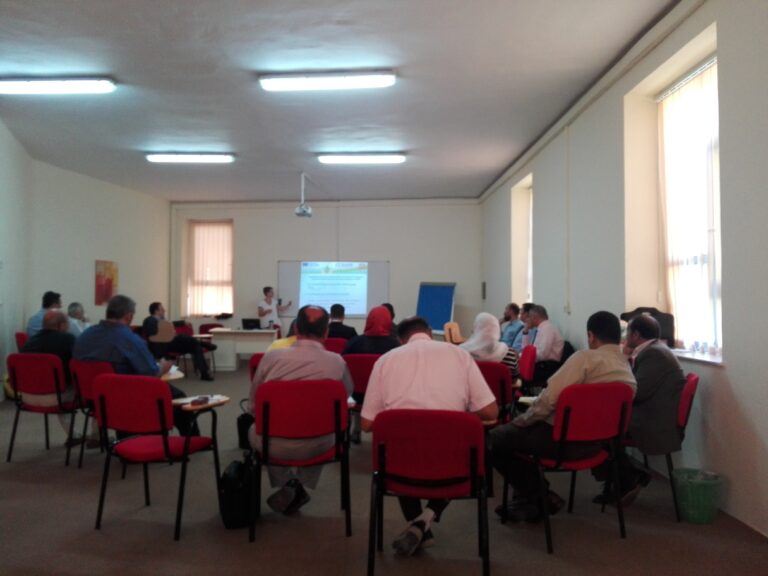
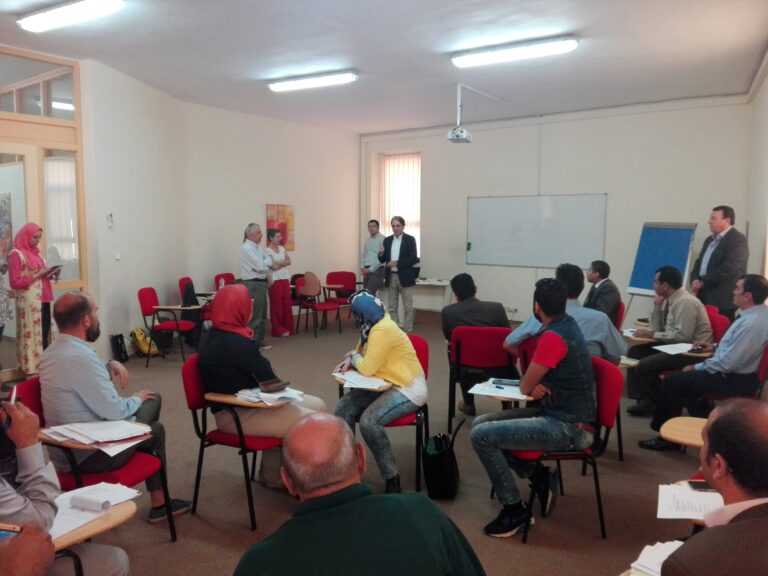
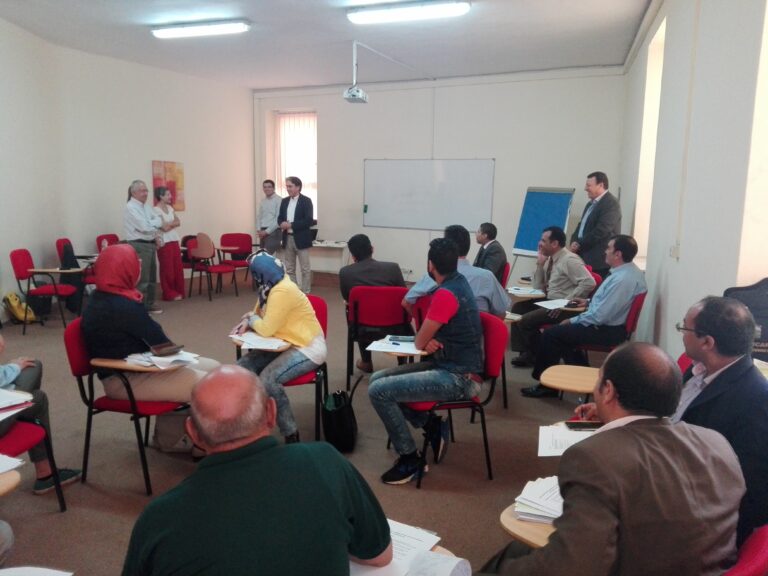
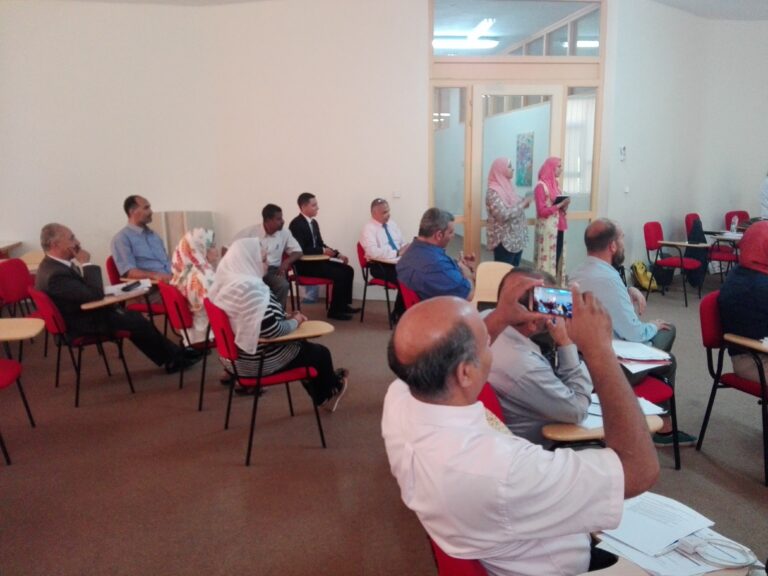
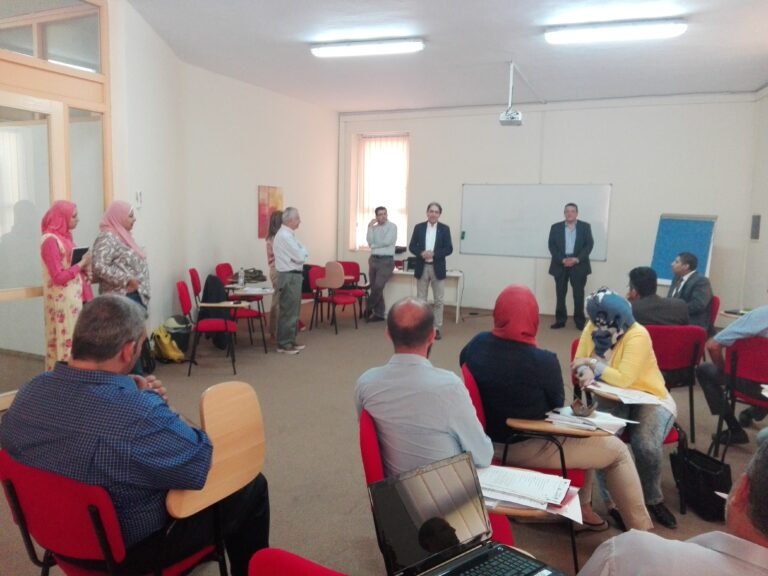
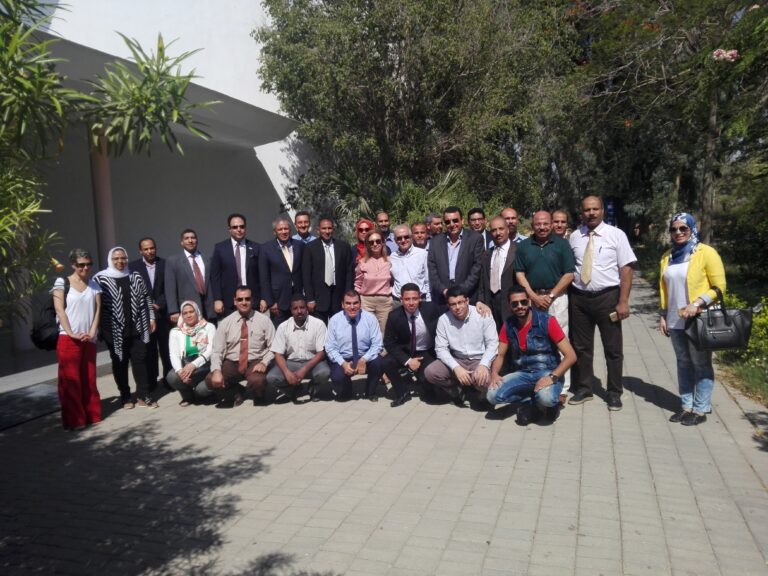
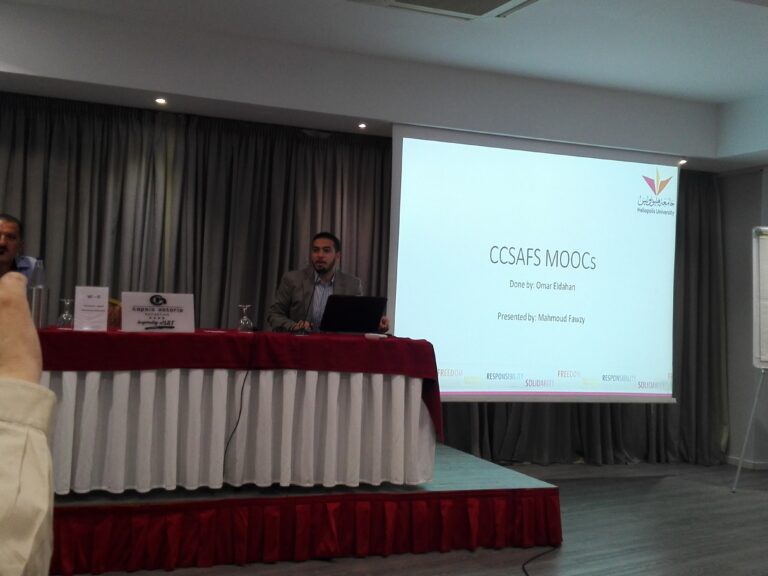
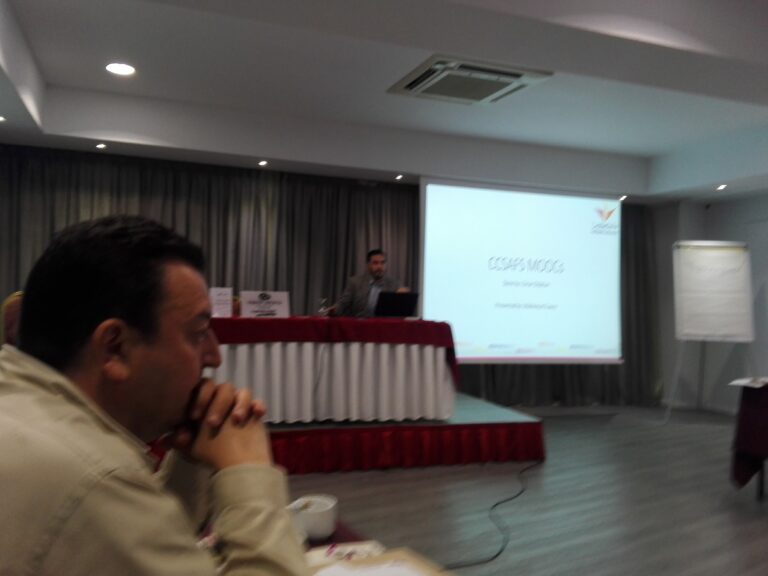
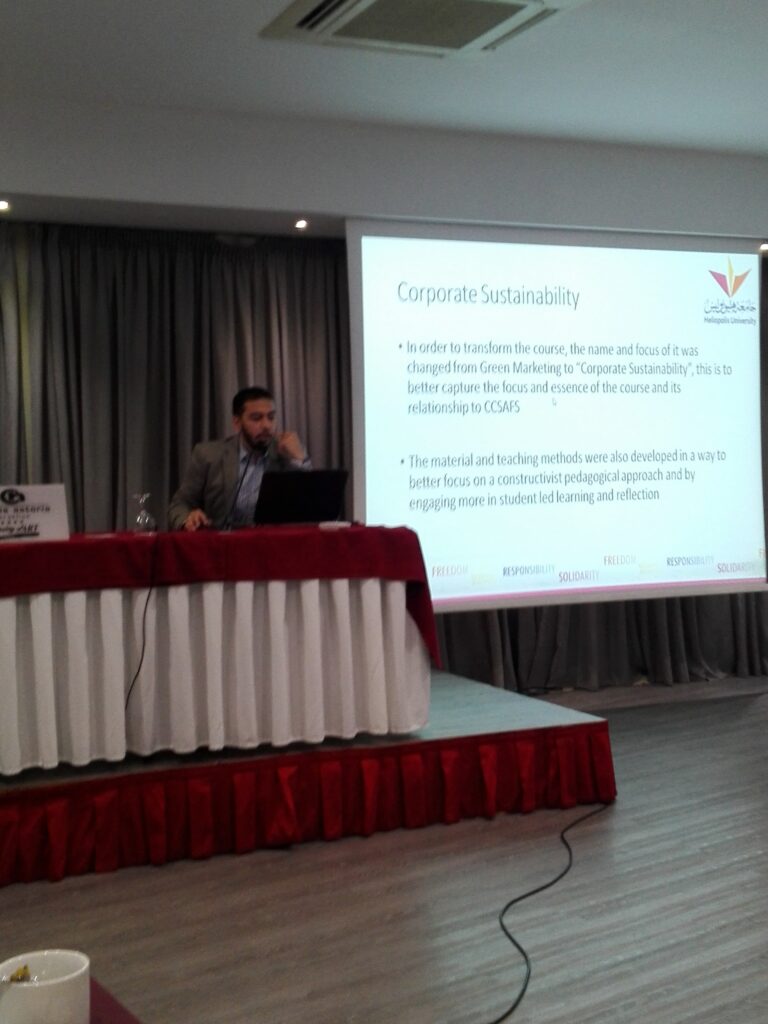
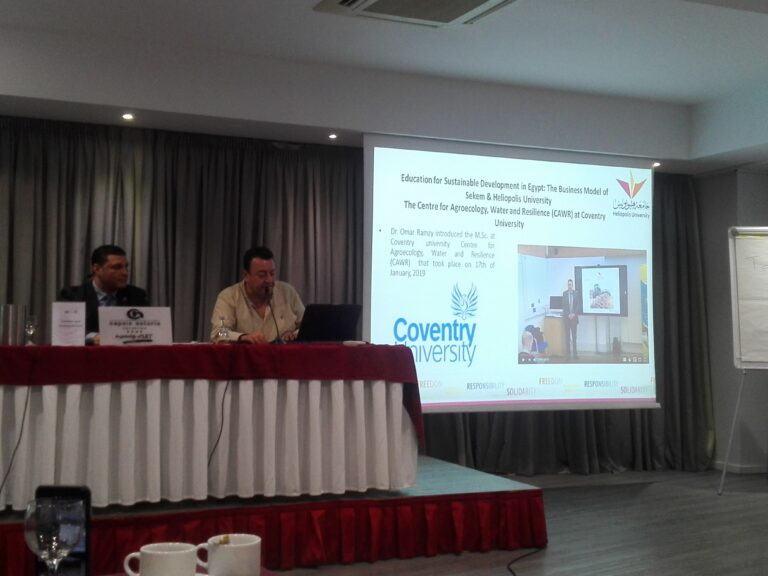
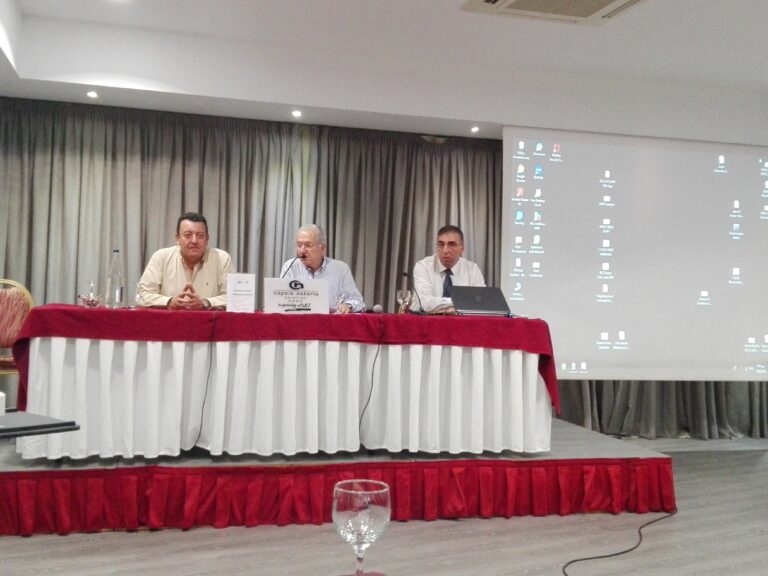
Climate Change, Sustainable Agriculture and Food Security Program
The wider objectives of the Climate Change, Sustainable Agriculture and Food Security Program is to respond to the needs identified through the development of an inter/multidisciplinary MSc program in Climate Change, Agricultural Development, and Food Security that will help promote the Sustainable Development Goals, especially SDG 2, by providing students with the skills and tools for developing agricultural practices, policies and measures to address the challenge that climate change poses for agriculture and food security in the two target countries and in the MENA region, in general. The specific objectives are to:
Carry out capacity building for the involved staff from the partner institutions: a) to design post-graduate curricula in line with the Bologna process; b) to design and develop inter/multidisciplinary course curricula at the post-graduate level, and c) to apply innovative and flexible teaching and learning methods.
Develop a platform for blended learning supplemented by laboratories to support the MSc. program and function as life-long learning resources and develop Centers of Excellence in CCSAFS in each partner country university.
Develop an inter/multidisciplinary MSc. program in Climate Change, Sustainable Agriculture and Food Security, comparable and compatible with EU equivalent programs in cooperation with EU and PC universities, NGOs, local agricultural/food industry, government agencies, and higher education accreditation commissions. It will be worth 120 ECTS (90 ECTS course work & 30 ECTS thesis) where Suez Canal University, Egypt and Jerash University, Jordan will serve as the main hubs.
Accredit and implement the MSc. program under the guidance of the Higher Education Accreditation Commissions.
Carry out diagnostic, formative, and summative assessment activities across the program design, development, and implementation process.
Top of Form
One of the main roles that Heliopolis University took in this program is Dissemination, Valorisation, and Sustainability.
Dissemination was achieved through the active contribution of all partners and includes: 1) a series of information sessions in each partner university (internal dissemination); 2) presentations in international conferences, publications, social networking media, and the development of a web-site for hosting blogs and on-line discussions about the project and project outputs (external dissemination). Another key dissemination activity is the development of an interactive Website for the CCSAFS program that hosts the biannual e-newsletter linked to partners’ websites and affiliated regional and global networks as well as and other associated social media such as blogs, podcasts, video-sharing sites. Networking is another important key activity, especially utilizing our partners (e.g. SDF, RCECR, connections with UN organizations, professional associations). Publishing scientific papers dealing with the CCSAFS issues and presentations in international conferences as well as organizing the CCSAFS international conference is of paramount importance for the effective dissemination of the program outcomes.
Refugee Teaching Certification Programme for Egyptian and Refugee Teachers Enabled by Blended Learning [RefTeCp]: https://reftecp.frederick.ac.cy/
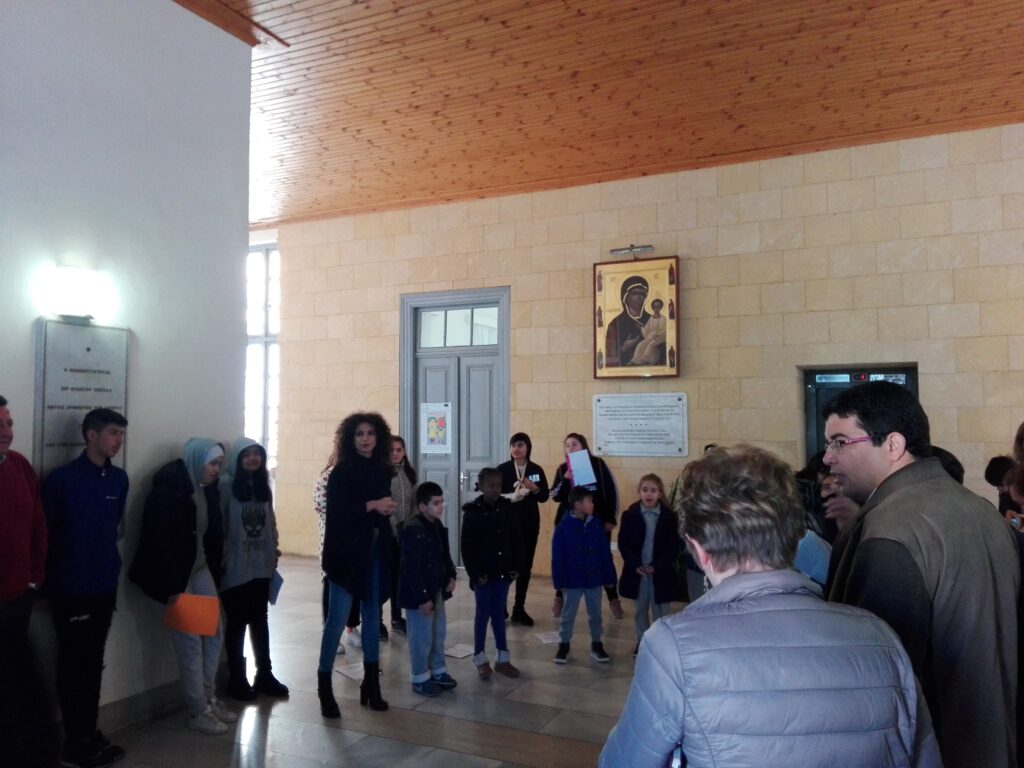
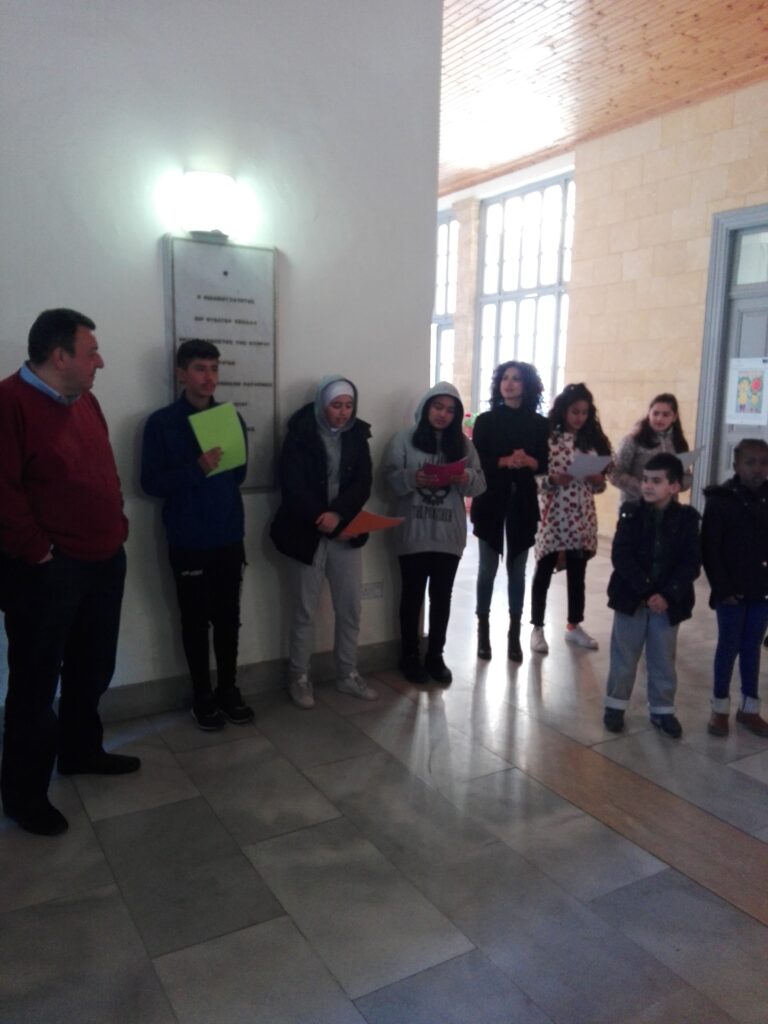
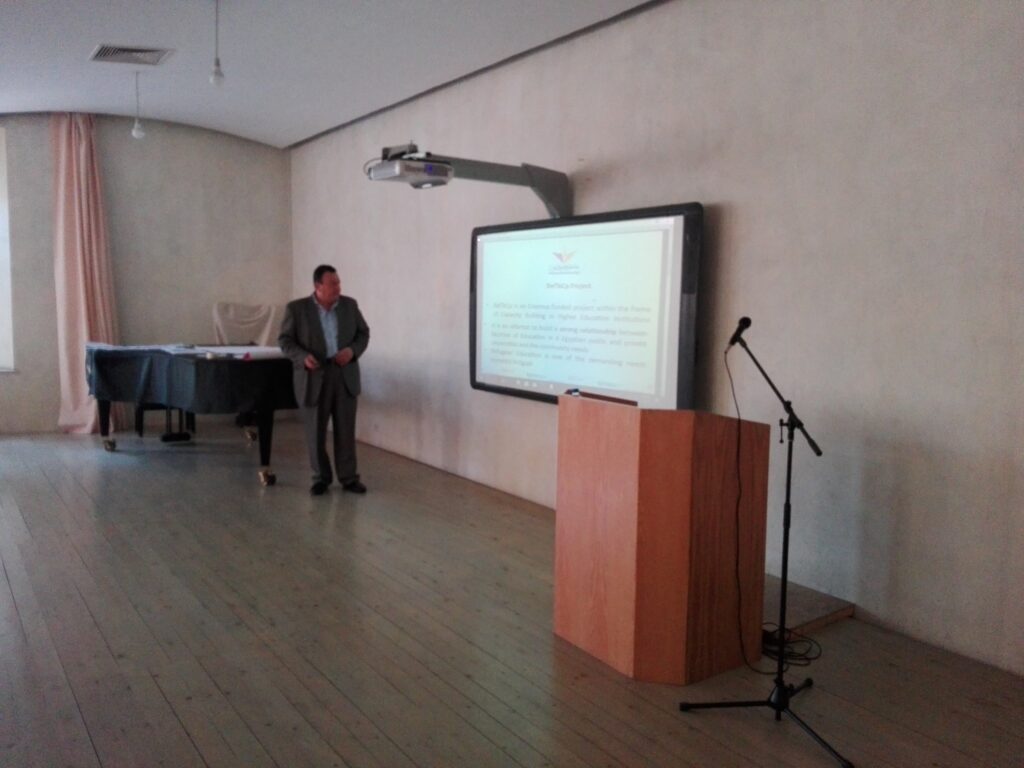
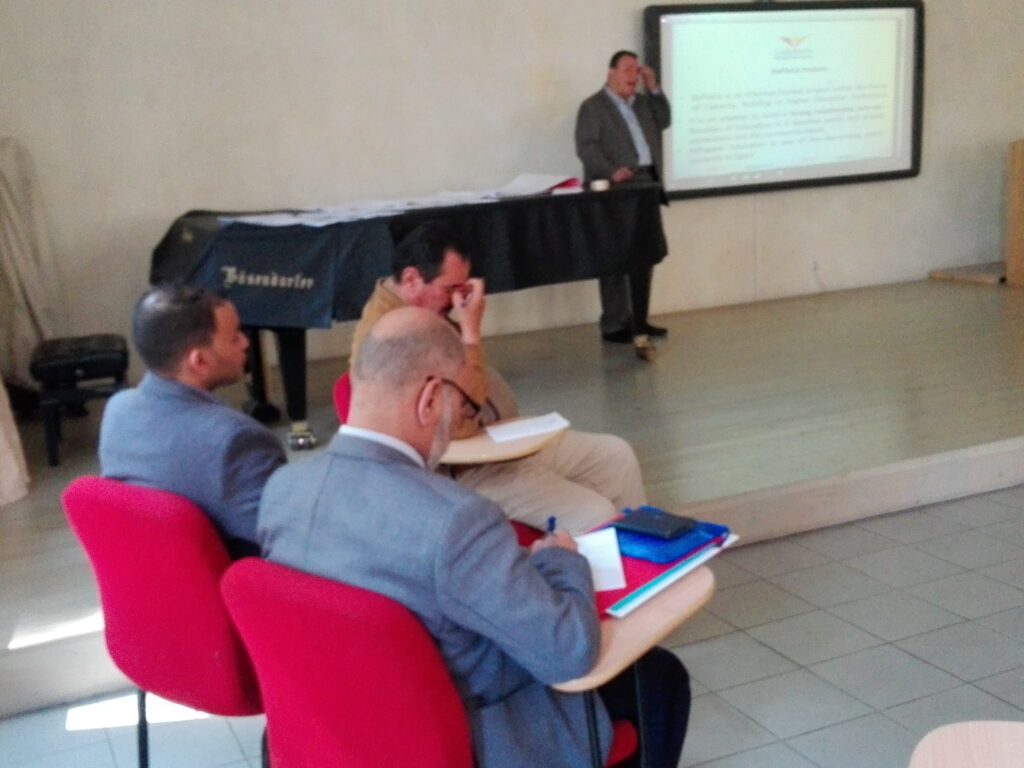
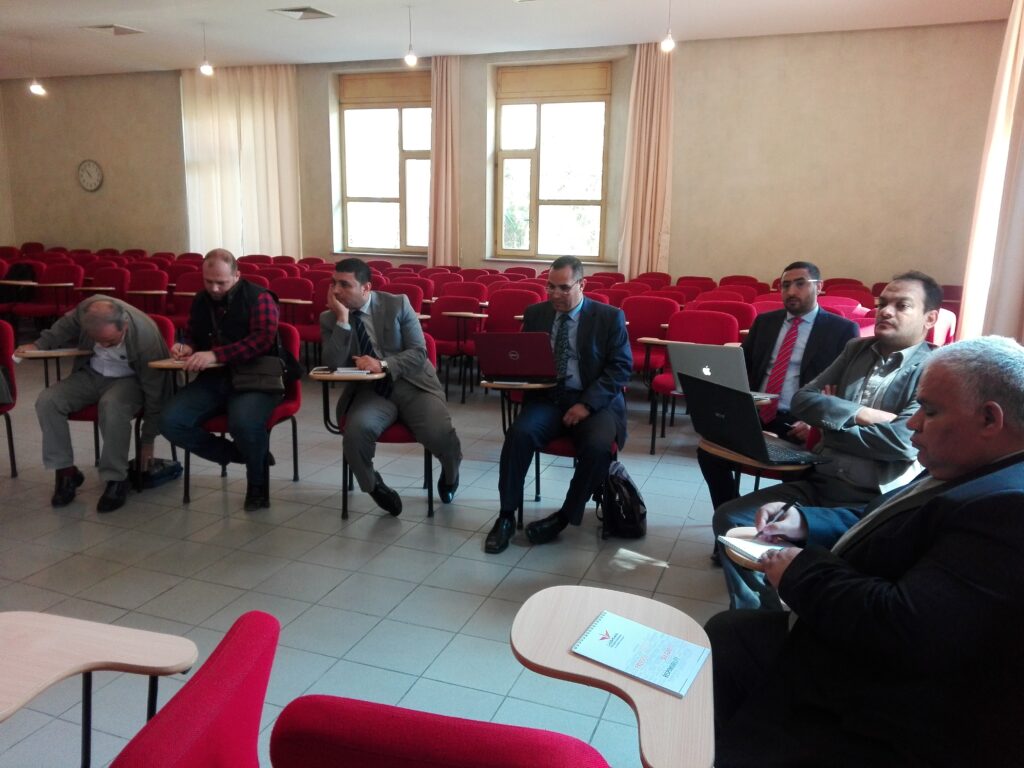
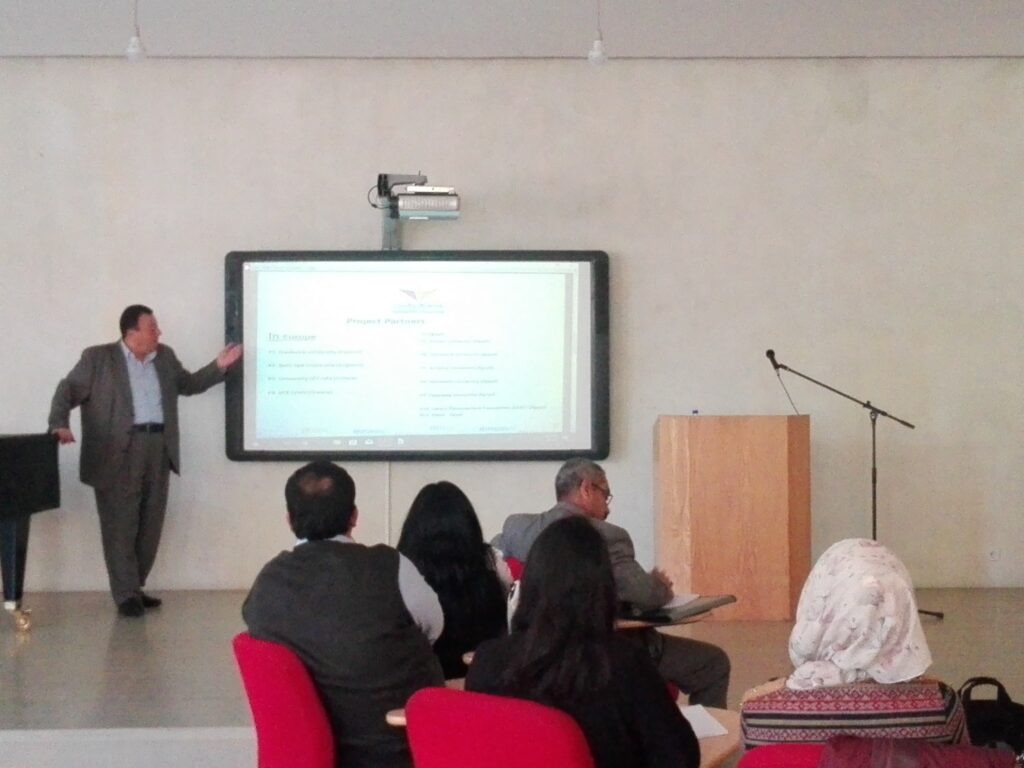
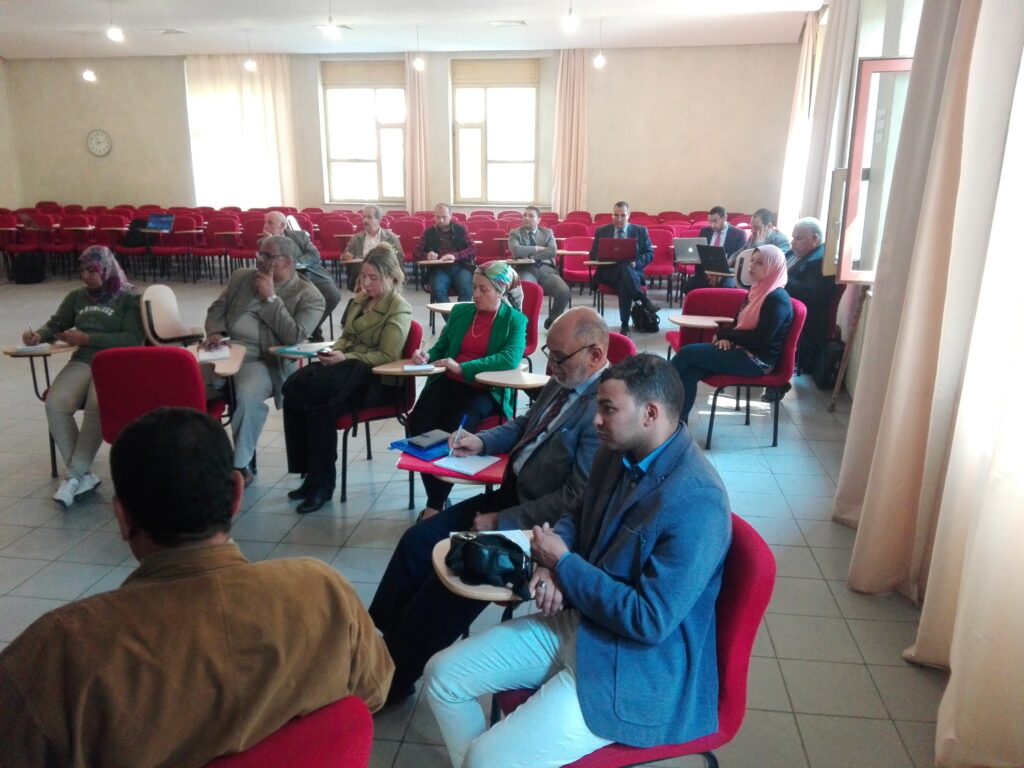
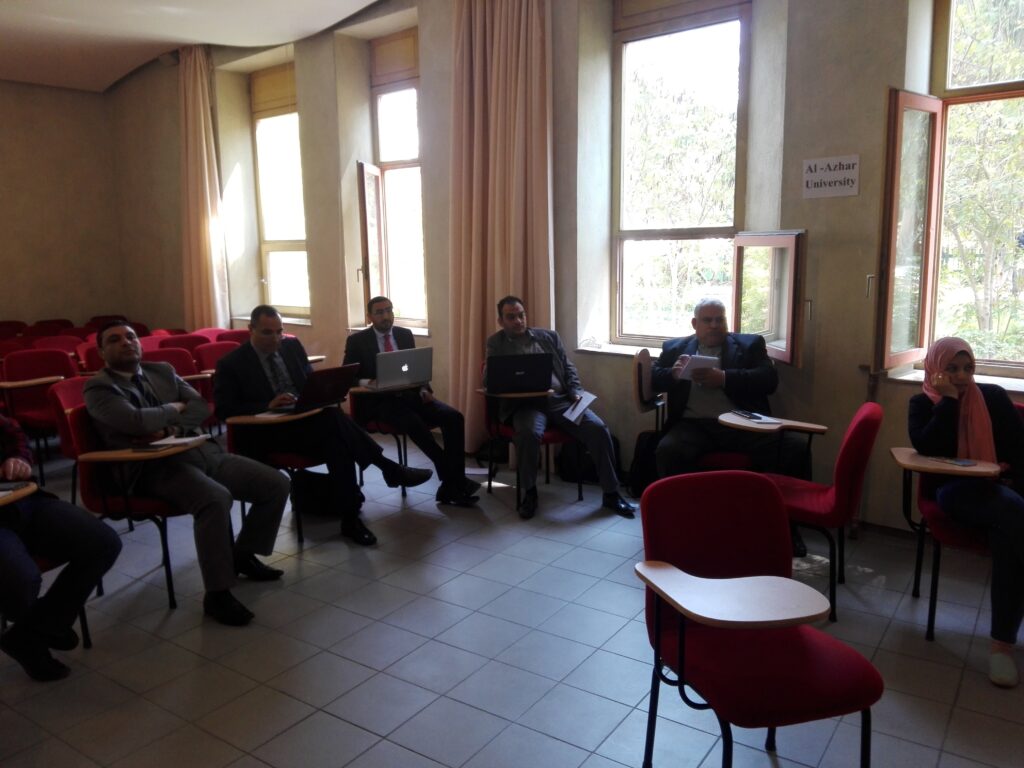
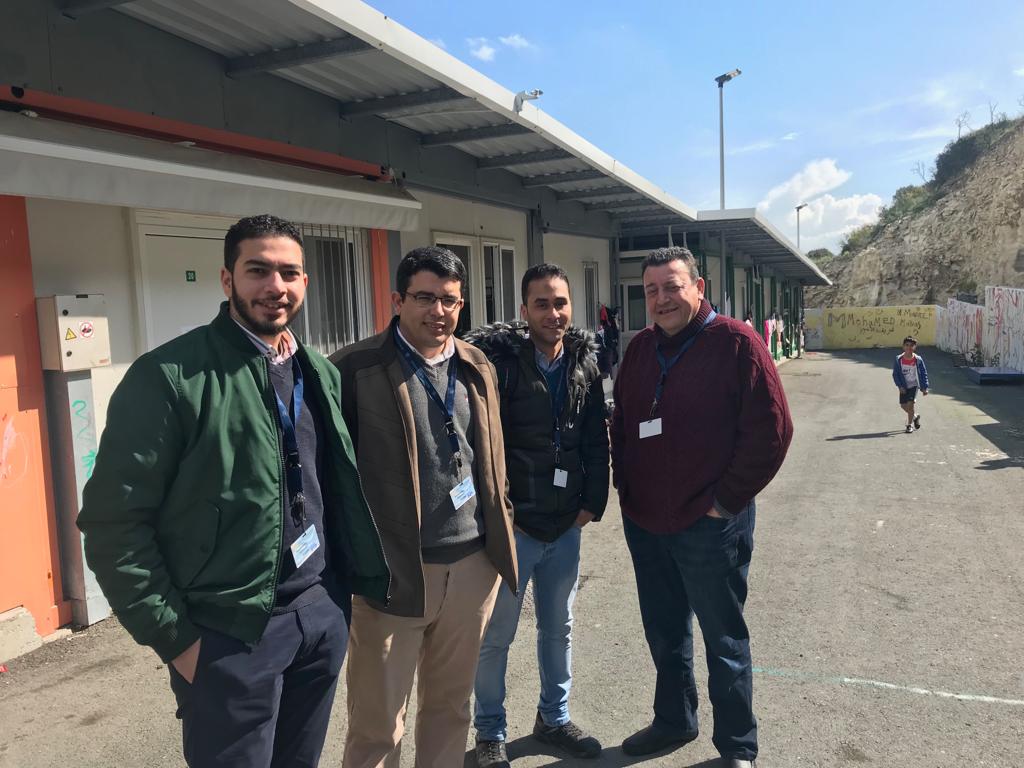
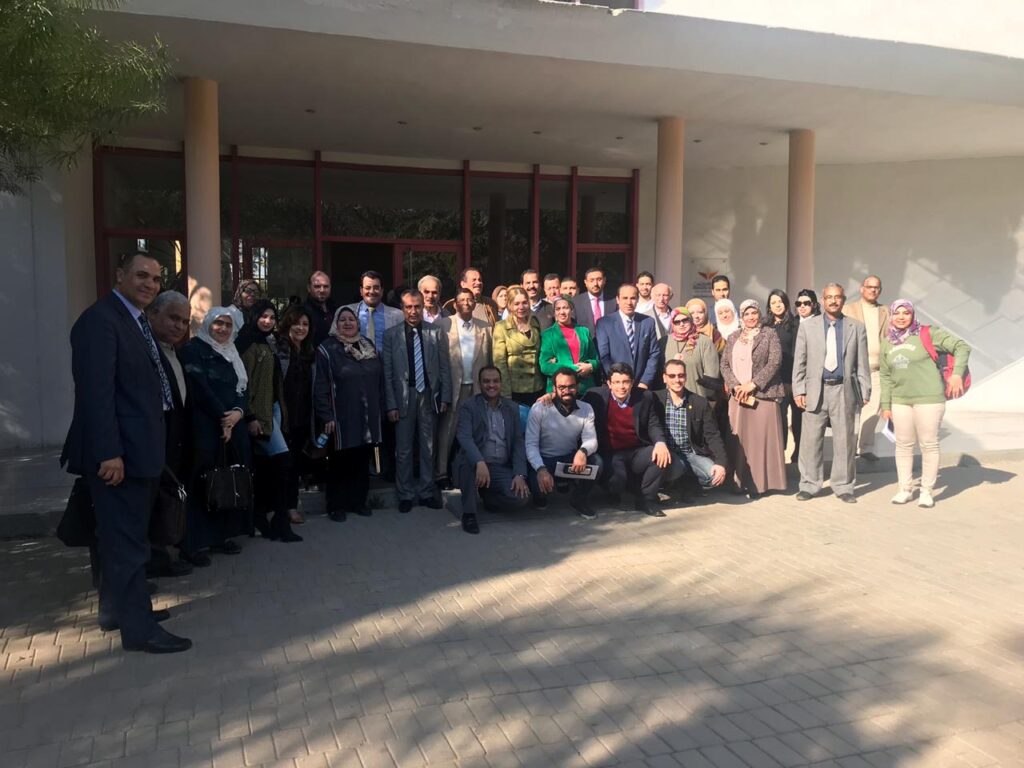
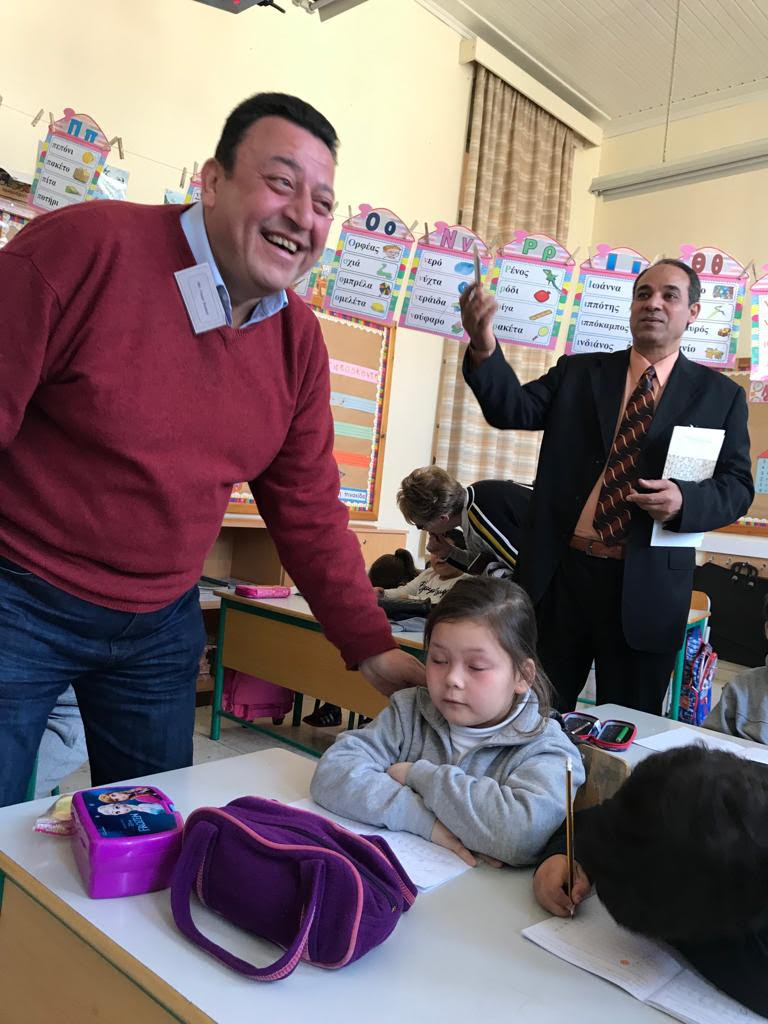
Refugee Teaching Certification Program for Egyptian and Refugee Teachers Enabled by Blended Learning
In recent years, the Middle East Region has faced one of the most critical refugee crises, with global consequences, especially for the EU. Based on various sources, the number of refugees in Egypt is increasing in the last few years including a large amount of Syrians (approximately 400,000) with 30,000 of them being of school age and with only half of them being enrolled in school. While Syrian refugee children can enroll in public schools, the majority go to refugee schools organized by the Syrian community. According to our need’s analysis, this is largely due to the refugee children find the community schools more suitable because their teachers are Syrians, while Egyptian teachers lack the skills to tackle the needs of refugee learners.
Hence, Heliopolis University in partnership with public and private universities in Egypt and Europe took the initiative for starting a program that could enhance the quality of refugees’ children’s education through developing a diploma certificate to be issued from the faculties of education from the Egyptian partner universities.
The program addresses two crucial needs:
First, the unsatisfying structures of teacher education in relation to preparing pre-service and in-service teachers to respond to the pedagogical challenges raised by the policy to integrate refugee children in public schools in Egypt.
Second, the need to develop an innovative in-service training program driven by a refugee-centered pedagogy needed by teachers involved in refugee children’s education. These are in line with national and regional priorities.
As such, the program responds to a cross-cutting priority by giving access to refugee teachers to the Egyptian Higher Education through a post-graduate diploma focusing on refugee-centered pedagogy. It is also consistent with the subject of teacher training and education science, one of the subject priorities as well as in integrating innovative learning tools, teaching methodologies and pedagogies, including flexible learning paths, blended learning.
This program has synergies with the “Children of Peace” initiative, which the EU launched in 2012. It also concerns the UN initiative of SDGs, an EU top priority. The EU Children of Peace initiative, coordinated by the European Commission’s Humanitarian Aid and Civil Protection (ECHO) focus on humanitarian projects for children in conflict regions, providing them with access to schools where they can learn in a safe environment, as well as with psychological support to heal their traumatic war experiences.
The program will be of critical importance to such initiatives, to prepare societies for eventual post-conflict or post-disaster reconstruction and social and economic development.
This program adopts an inter/multidisciplinary, holistic, and systemic approach that at a wider level aims to build and strengthen the capacities of students, faculty, educators, and teachers, including refugee teachers to respond to the educational needs of children and youth from conflict and displaced countries. Specific objectives of the program are to:
Develop a blended in-service teacher training program leading to a post-graduate diploma of 60 ECTS in the partner HEIs focusing on refugee children education accessible for both Egyptian and refugee teachers.
Support the development of the faculties of education in partner universities to align curriculum, teaching, learning, and research in the area of refugee children education.
Build capacity of academic staff at the faculties of education in order to contribute to the development, implementation and evaluation of the in-service teacher training program accessible to both Egyptian and refugee teachers.
Develop innovative teaching, learning and curriculum materials in the form of an e-Tool Kit addressing refugee children education.
Develop a Euro-Arab Network of Refugee Teachers to link up teachers teaching refugee children in host countries in Europe, in the Middle East, and North Africa as well as globally.
Children's University:
Children’s University is an educational project It spreads all over the world, it’s giving them space to the children to use critical scientific thinking and innovation by giving them the chance to be trained at the university community, the students will have a new different experience by being students of university professors and getting access to the laps which will increase their creative capabilities. The educational activities start at the universities away from the normal study days. The curriculum which is taught to the students is totally different than what they are studying at their schools. It’s depending directly on the practical part, hands-on experience, learning by doing, solving problems, critical thinking, etc
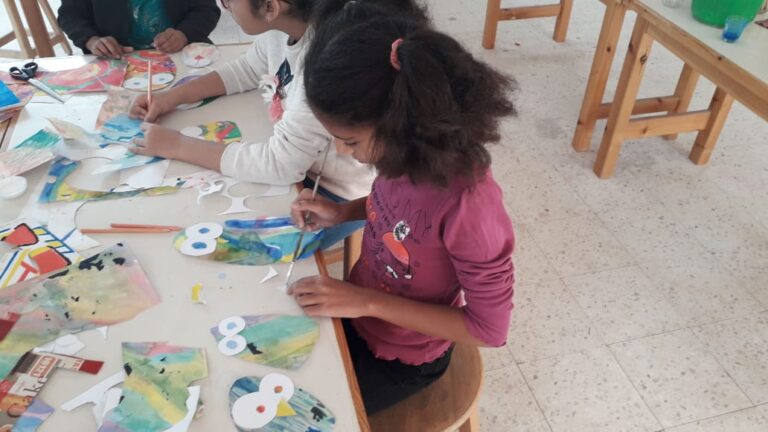
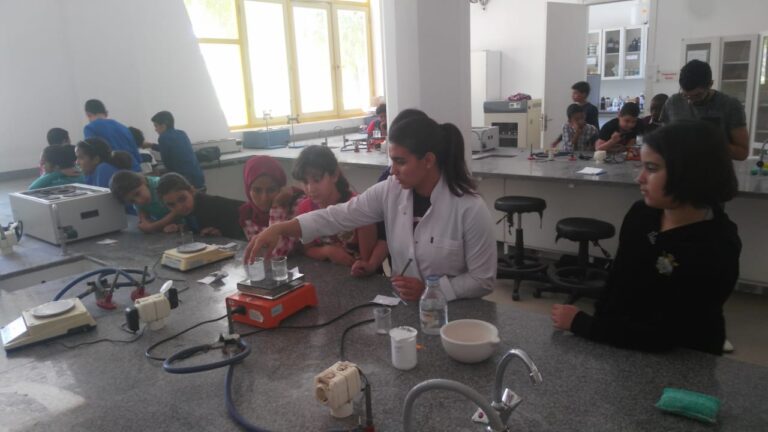
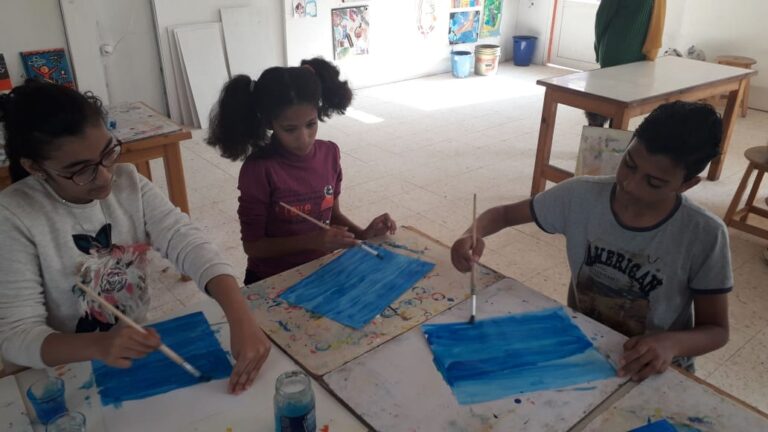
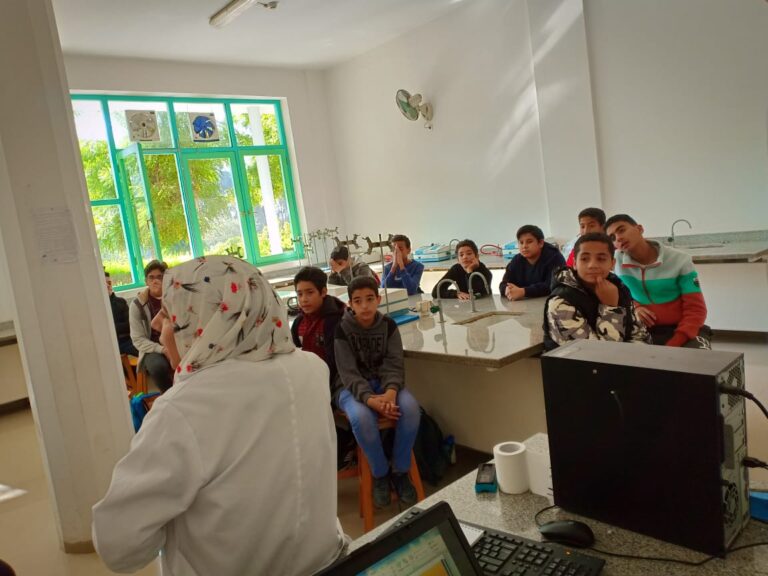
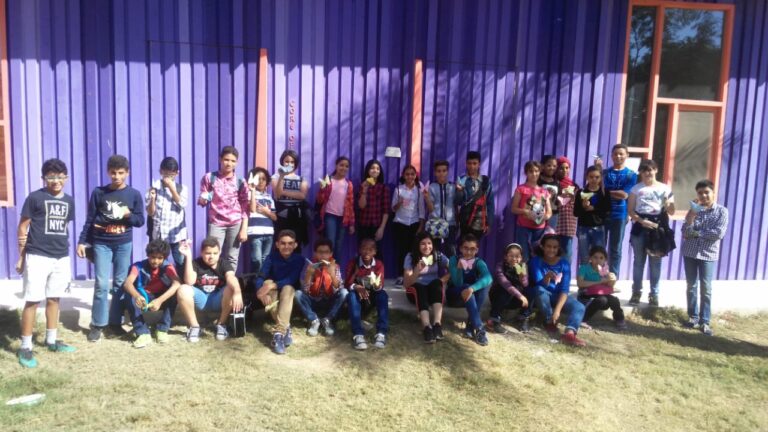
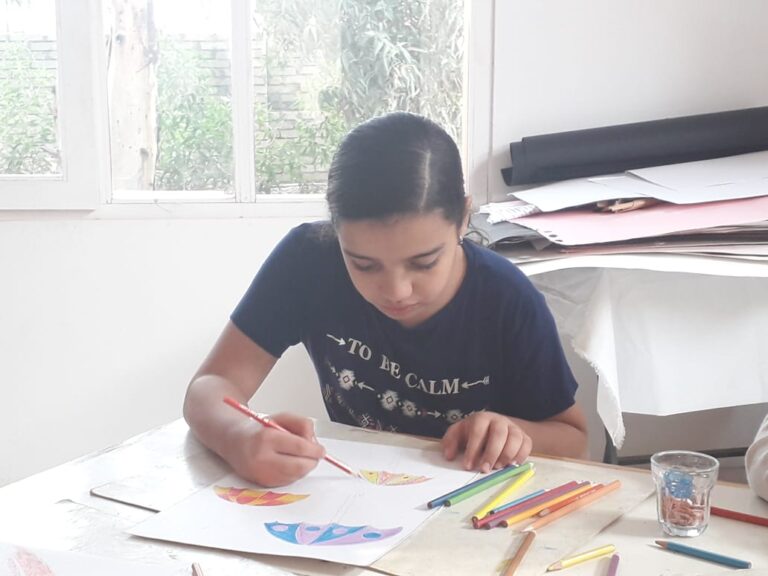
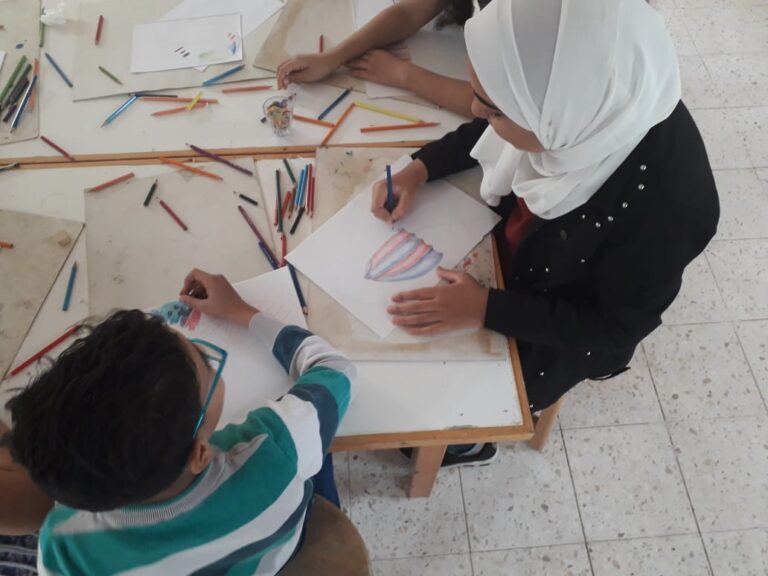
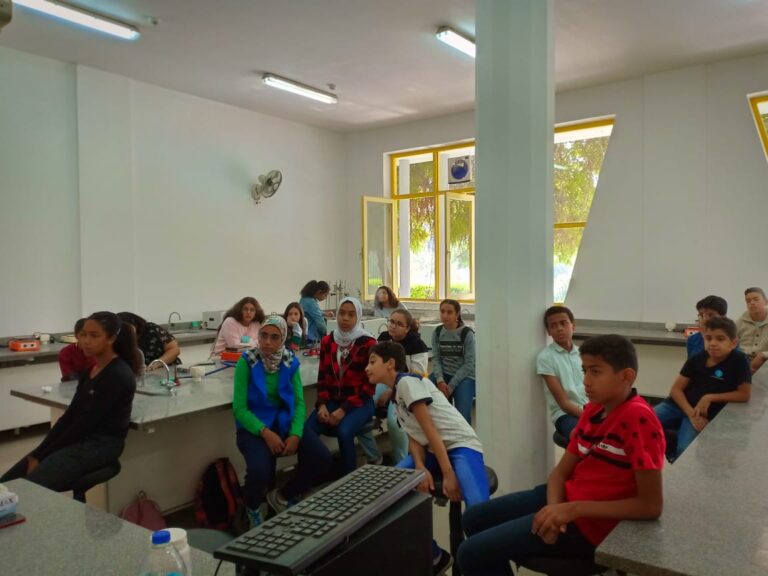
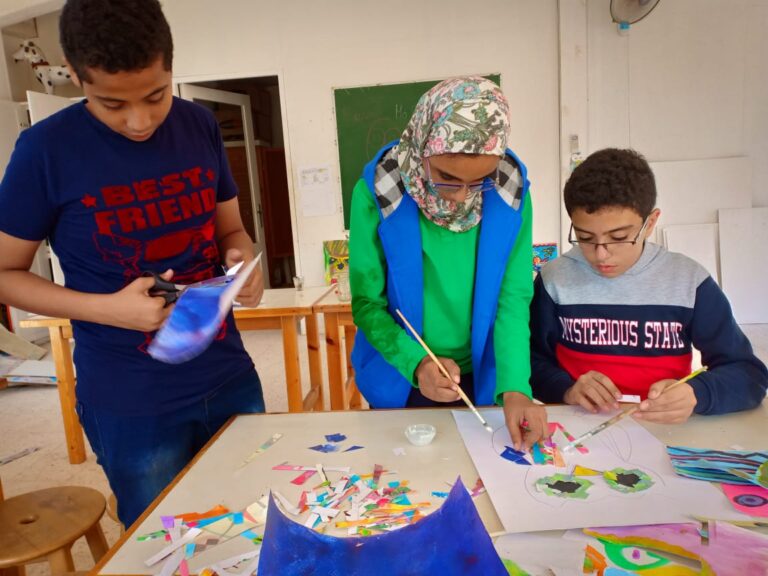
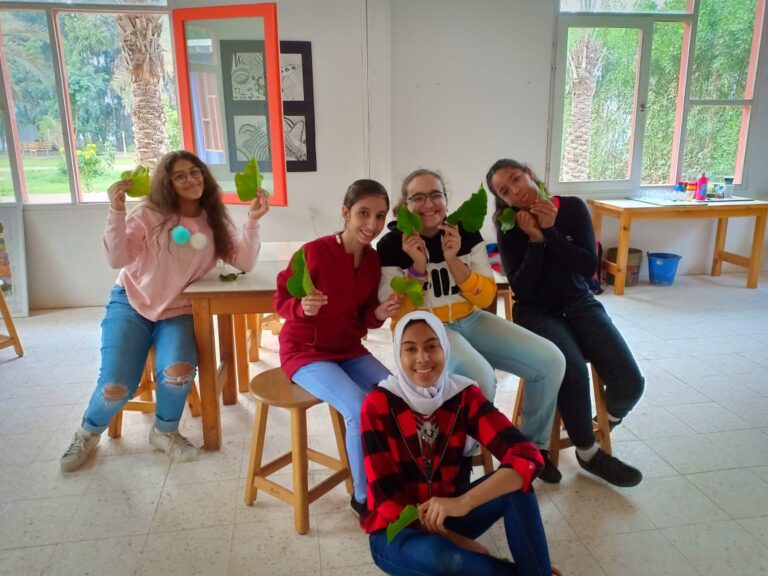
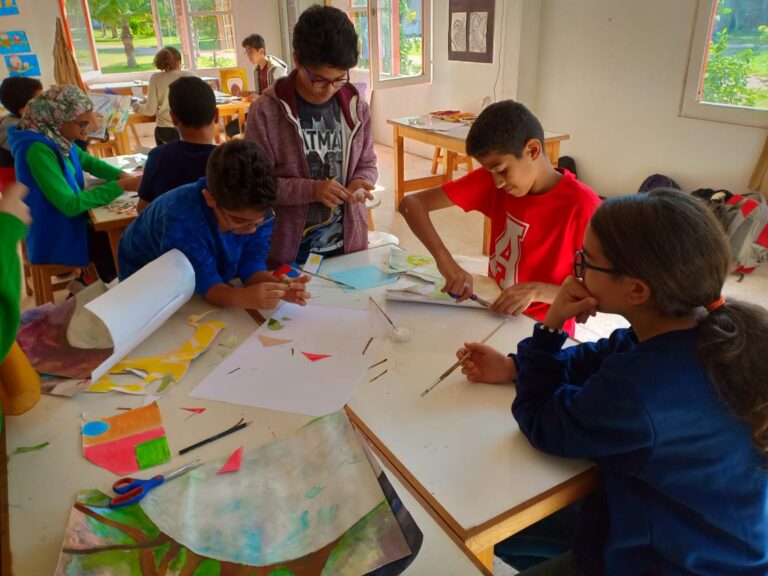
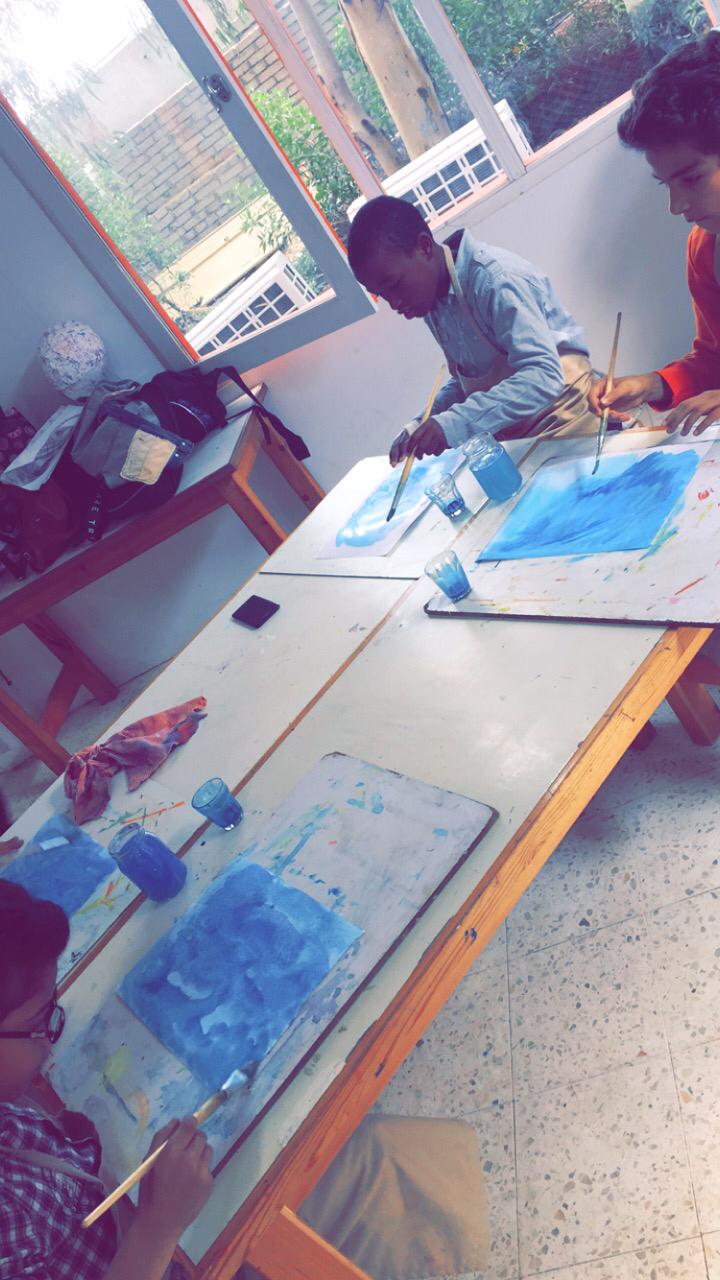
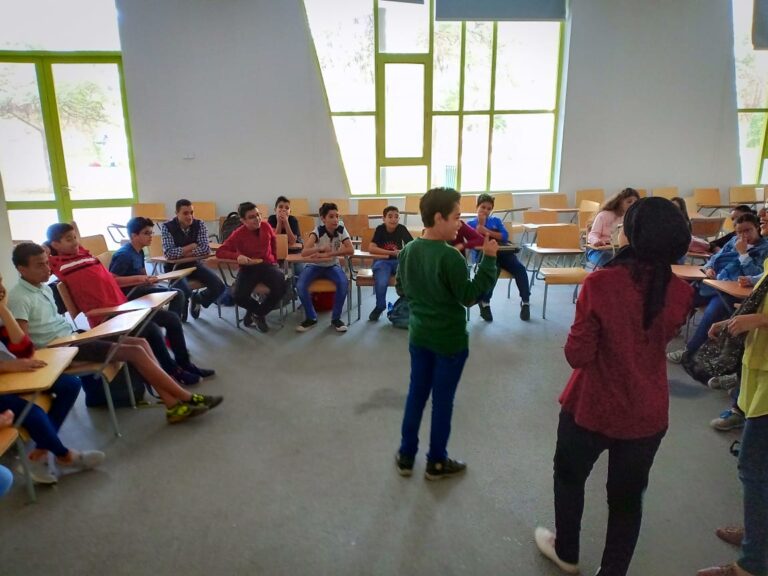
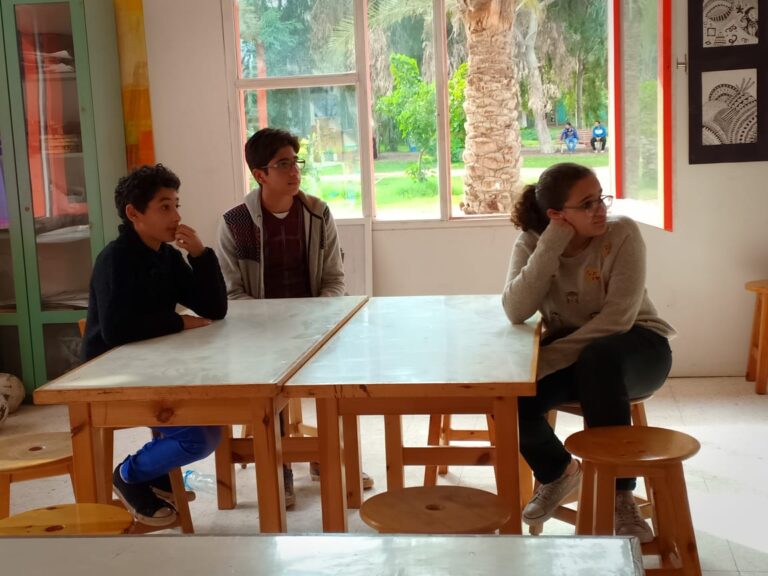
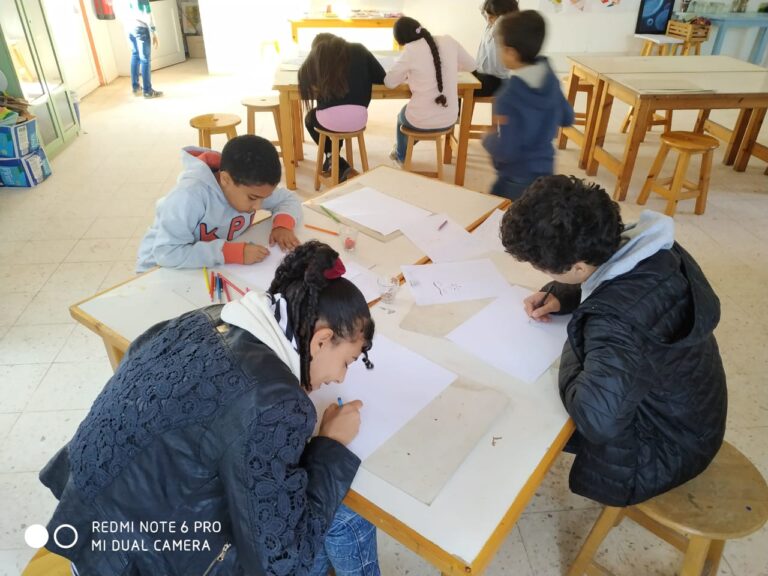
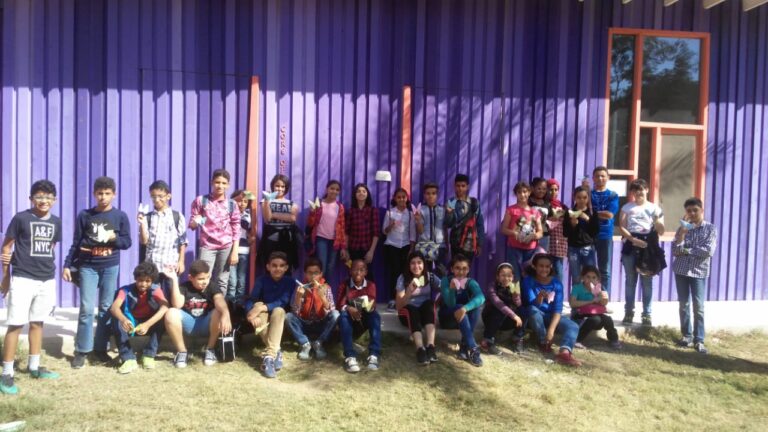
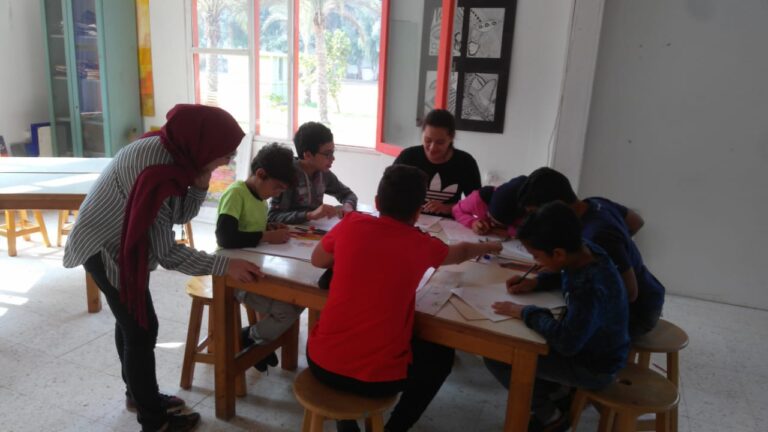
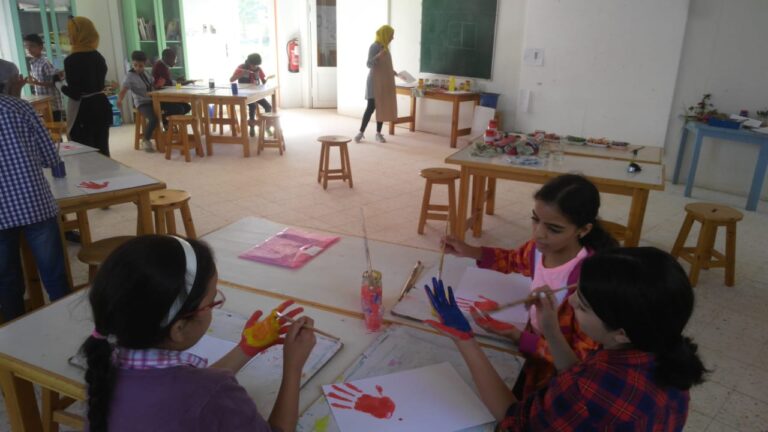
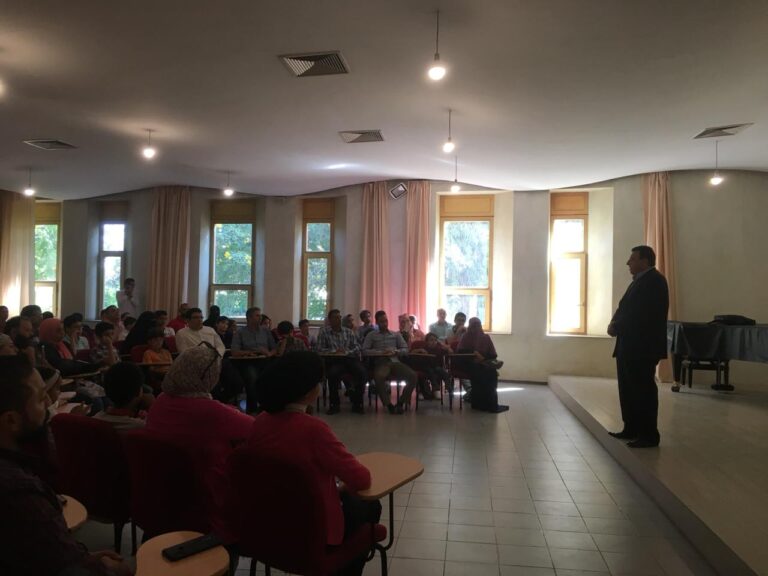
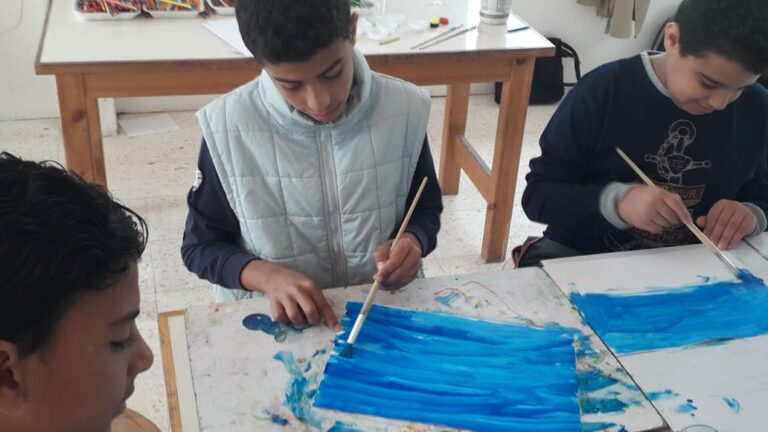
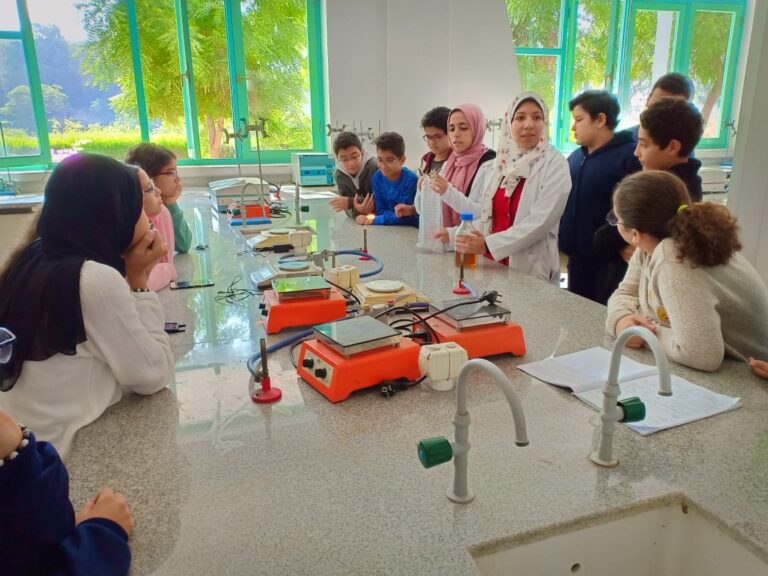
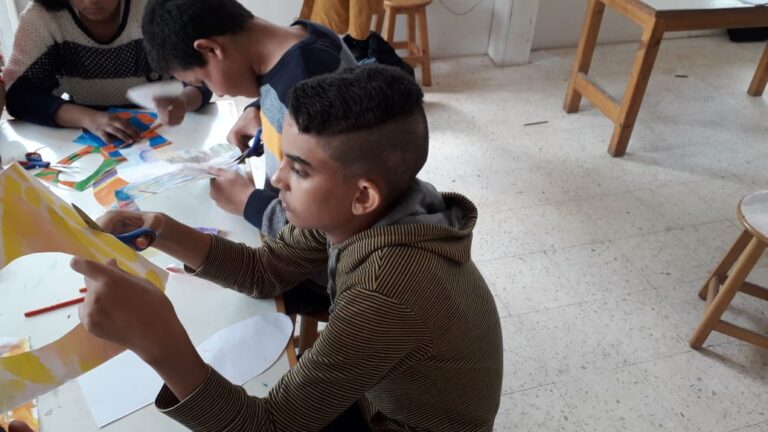
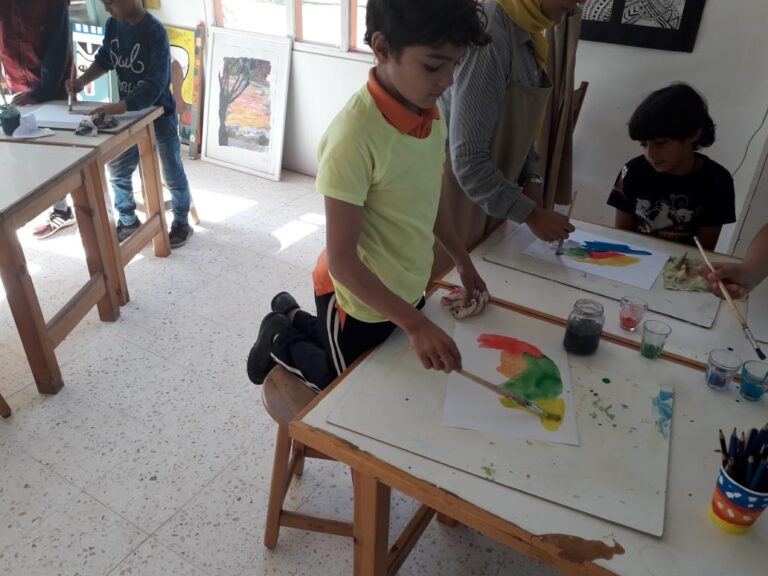
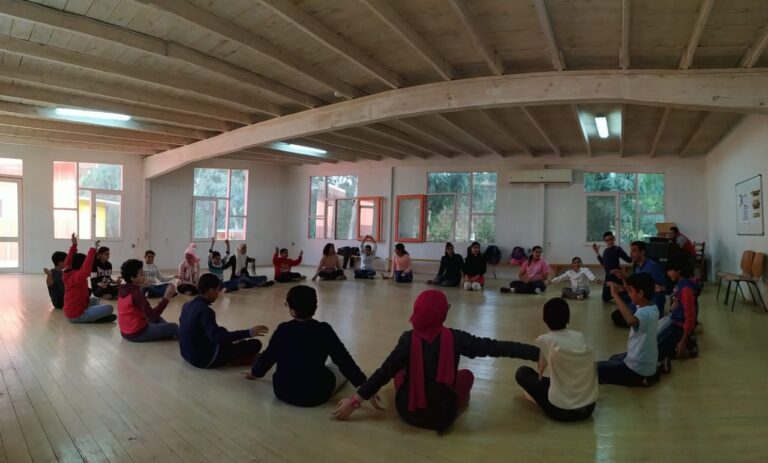
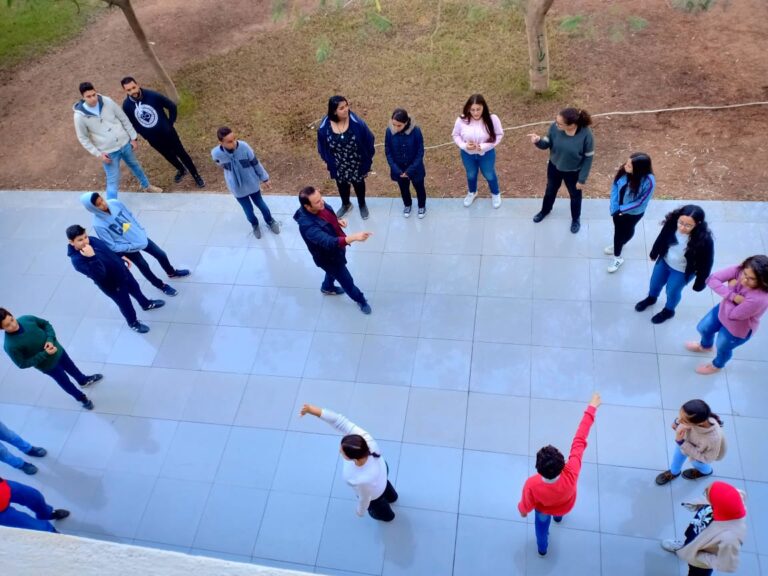
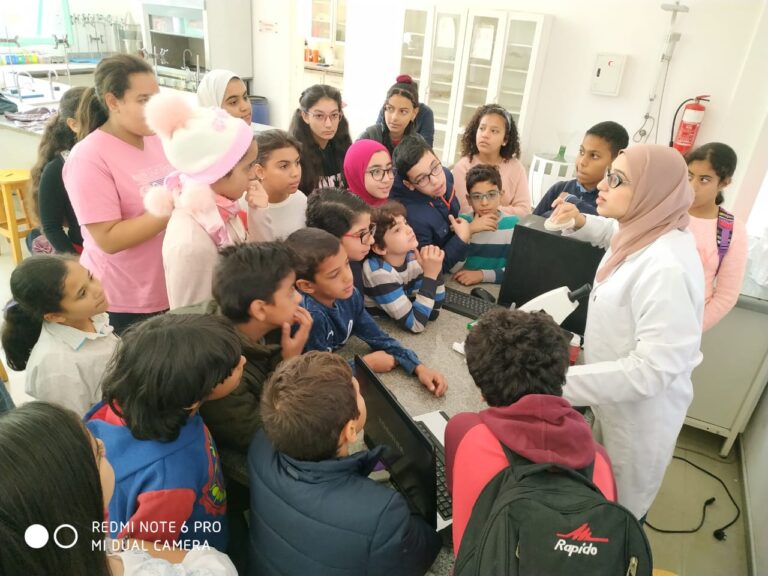
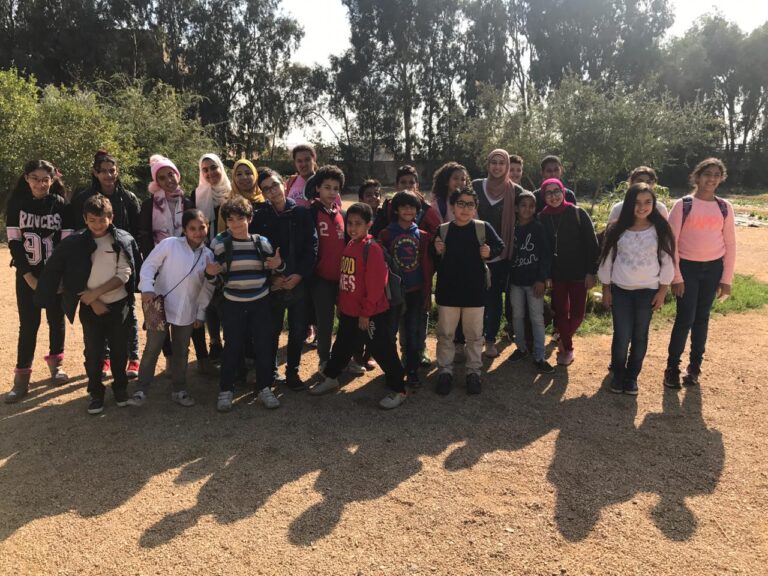
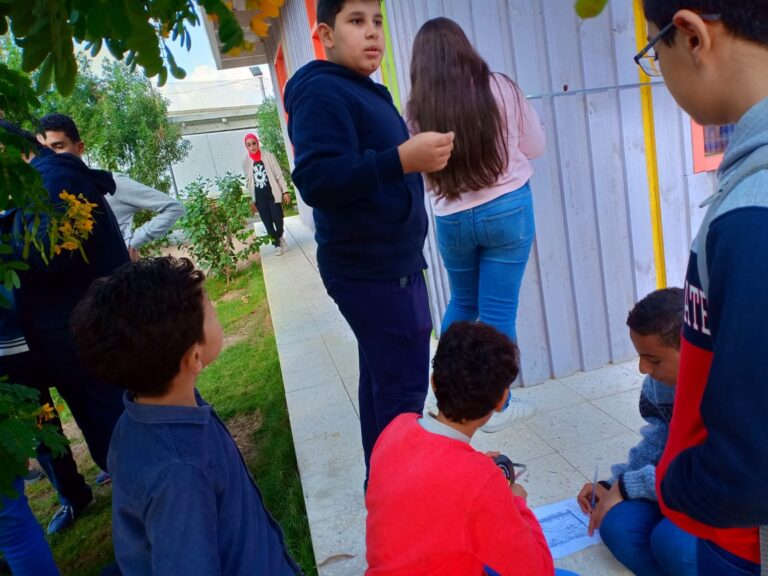
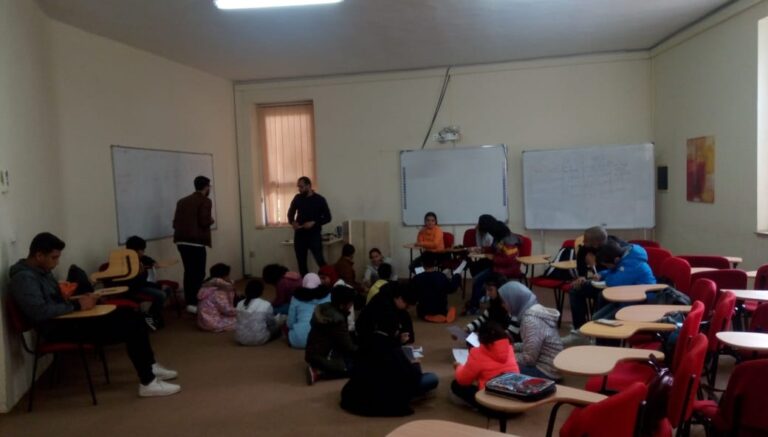
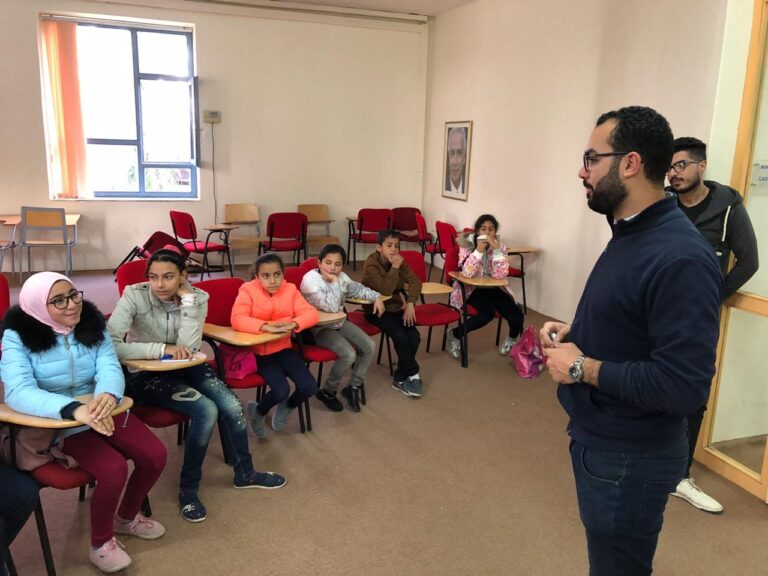
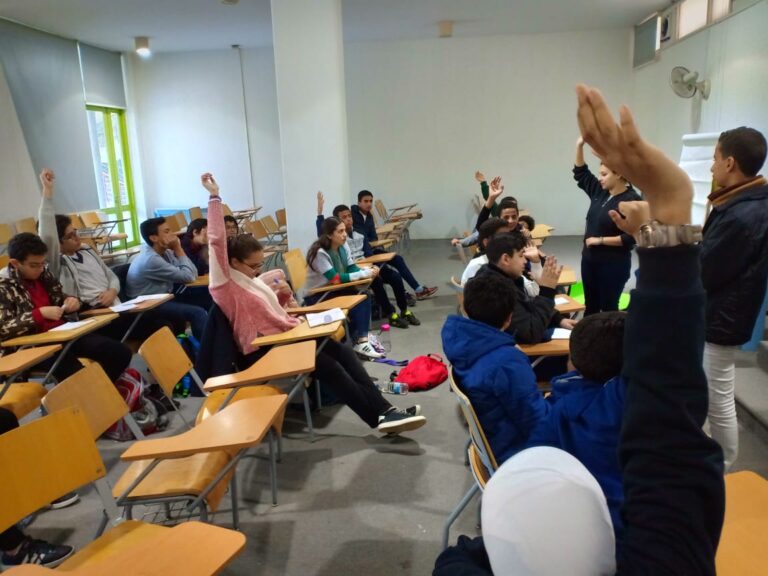
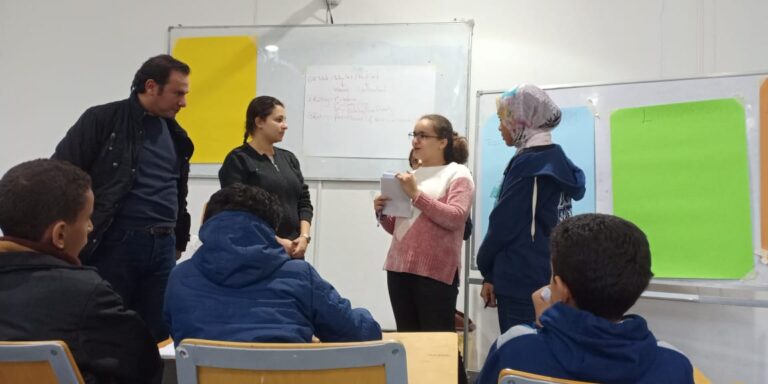
Education for Sustainable Development in Egypt: The Business Model of Sekem & Heliopolis University
Prof. Dr. Omar Ramzy presented on 17th January 2019 which highlighted the importance of Education for Sustainable Development (ESD) which has evolved as one of the most significant tools to combat natural resource scarcity and protect the environment. In Heliopolis University and in SEKEM schools they are practicing ESD by blending the ESD principles with biodynamic and Waldorf education impulses. Recently, they focused on providing ESD training programs to refugee teachers in Egypt.
He also attended the successful PRP of Ph.D. researcher Linda Kabaira from Zimbabwe as an external supervisor. Linda’s supervisory team had a fruitful discussion on the biodynamic and permaculture research conducted at Sekem in Egypt and in Zimbabwe.
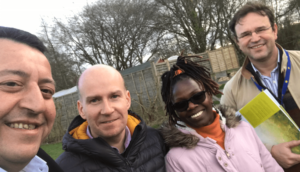
Business Publications:
- An Empirical Investigation of E-commerce in Egypt: The Impact of Culture on Online Purchasing
- Branding a Revolution: Revolutions as Brands and Their Implications for Modern Marketing
- The Role of Training, Democratization, and Self-Actualization in Addressing Employee Burnout
- Dysfunctional Behavior at the Workplace and Its Impact on Employees’ Job Performance
- How Could Blended Learning Promotes Education for SD in Higher Education
- Sustainable Development & Good Governance
- Technological & Psychographic Factors behind the Rise of the Sharing Economy in Developing Nations
- BRANDING THE GREEN EDUCATION: CHALLENGES FACING IMPLEMENTATION OF EDUCATION FOR SUSTAINABLE DEVELOPMENT IN EGYPTBRANDING THE GREEN EDUCATION
- Perceptions of Children’s Influence on Purchase Decisions Empirical Investigation for the U.S. and Egyptian FamiliesChildren’s Influence on Purchase Decision
- The Status of the Egyptian Networked Economy after Facebook Revolution and Recommendations for improvement
- Egyptian Retailing Industry
- Indices, firm identity and performance: implications from the European financial service
- Marketing Communications in the Islamic Perspective: Communicating the Halal Branding
- Perception towards sustainable development concept: Egyptian students’ perspective
- Revolution and Evolution: An Examination of the Current Egyptian Retailing Landscape
